Positive Impacts of Fake IDs on American Teens Identity Verification and Privacy Protection
Positive Impacts of Fake IDs on American Teens Identity Verification and Privacy Protection
In some cases, fake IDs can provide teens with a way to protect their personal privacy, especially in situations where they are required to prove their identity. For example, when minors are required to show proof of identity to access various activities or services, using a California fake ID allows them to maintain a degree of anonymity while avoiding revealing their real personal information.
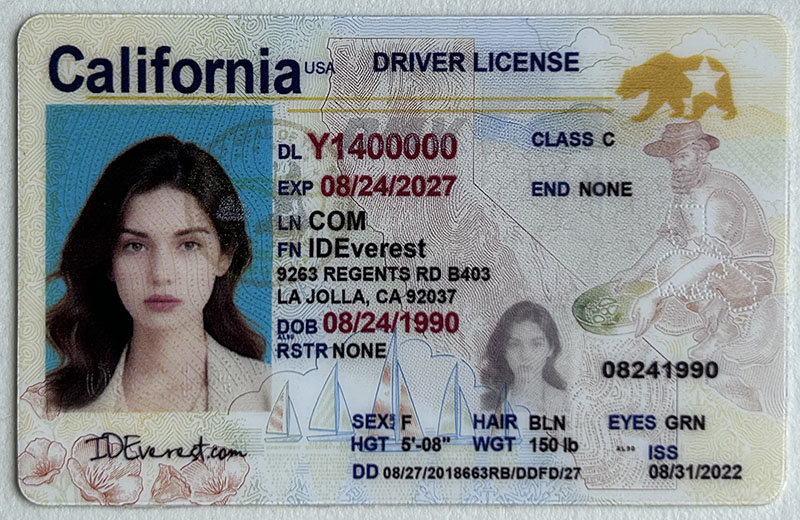
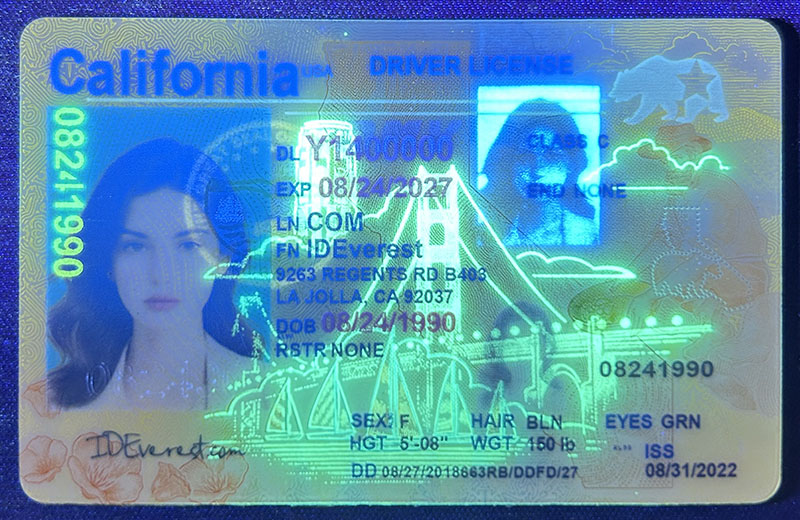
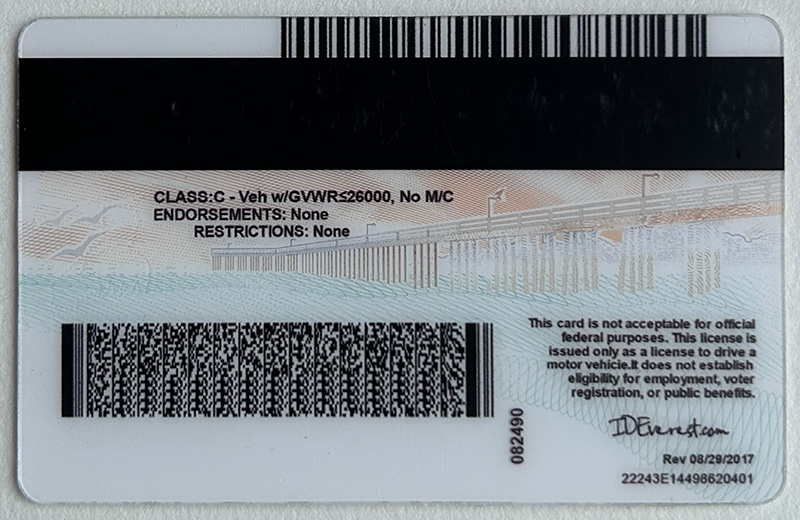
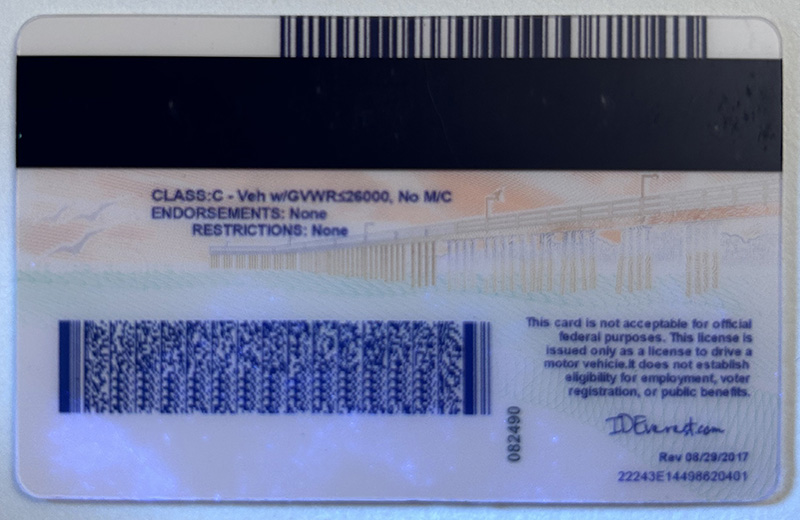
This approach may be viewed as beneficial for the following reasons:
Privacy Protection: By using a New York fake ID, individuals can avoid sharing sensitive information that could be used to track their personal activities or identify them in other contexts. For example, teens can use a fake ID to access services or venues without revealing their real identity, thereby minimizing the risk of personal data being compromised.
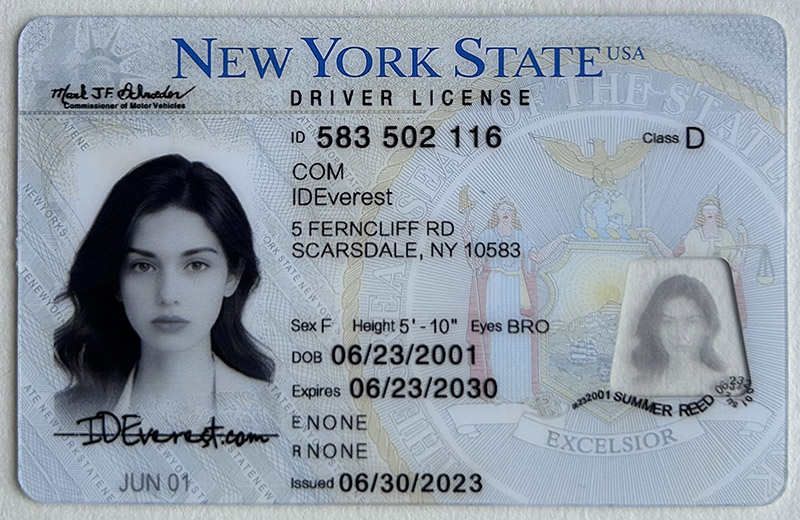
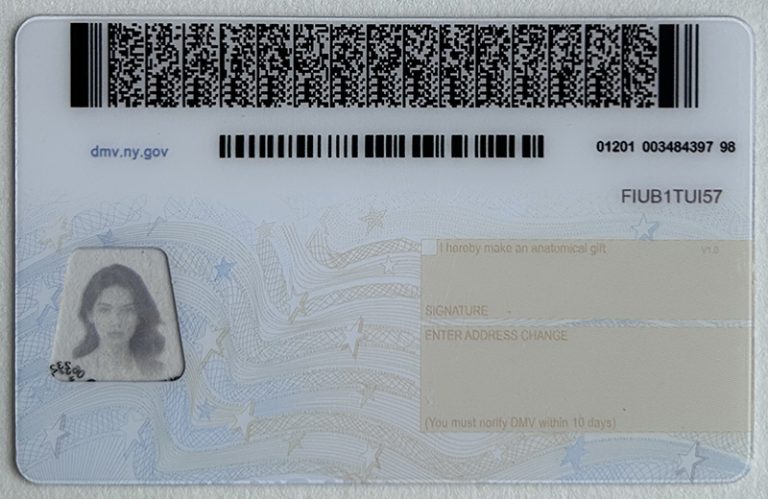
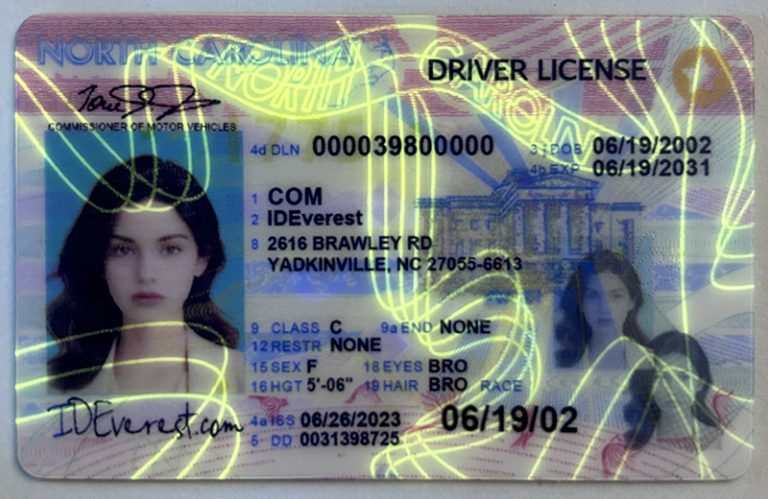
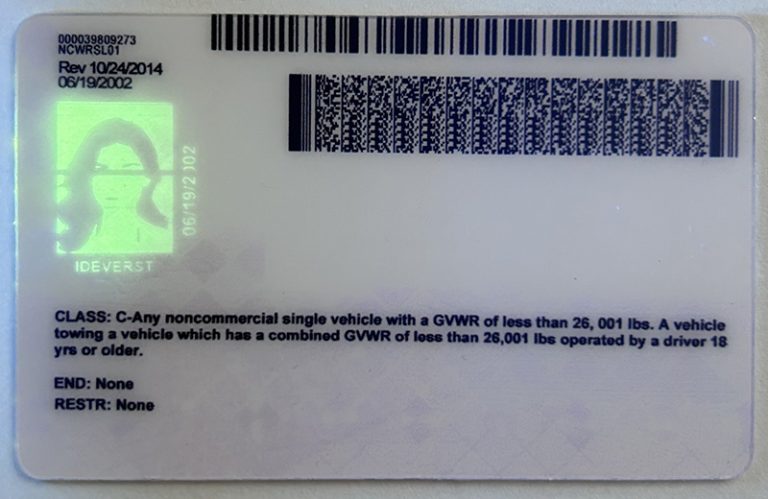
Control over Personal Information: Fake IDs may give teens greater control over the personal information they disclose. This is particularly important in a digital environment where privacy concerns are paramount. For example, using an Alabama fake ID to sign up for a service may limit the scope of personal data that the service collects and stores.
Reduced Risk of Identity Theft: In some cases, presenting a fake ID may reduce the risk of identity theft. By using an alternative identity, individuals can protect their real identity from being misused or accessed by unauthorized parties.
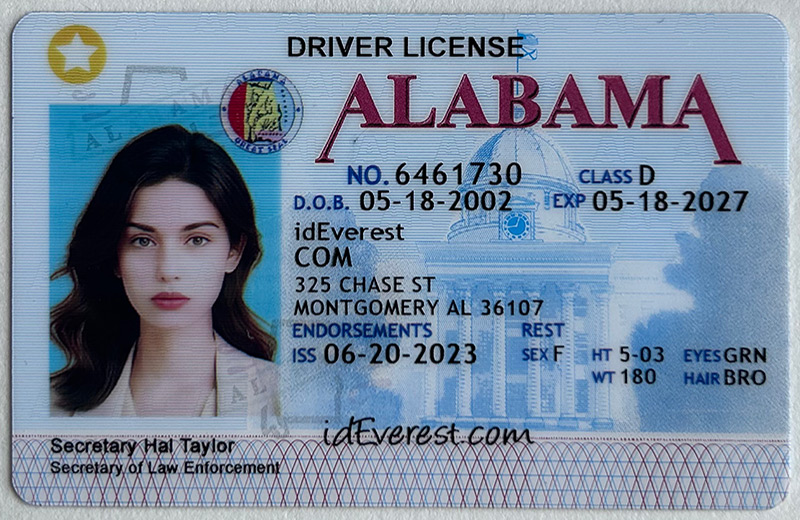
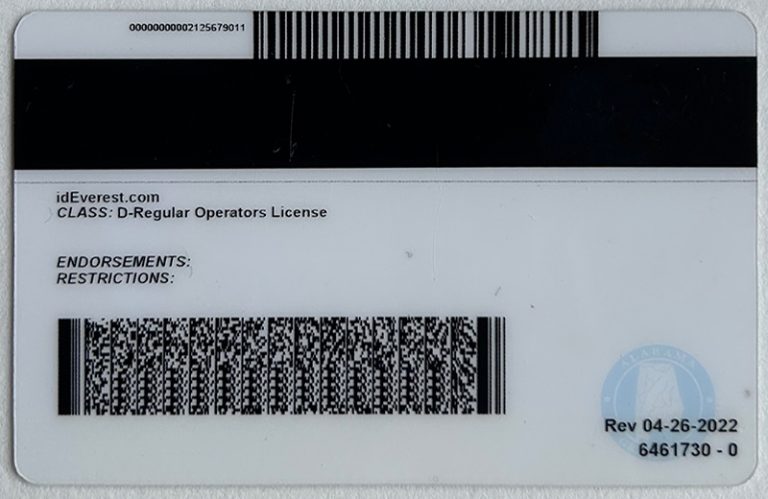
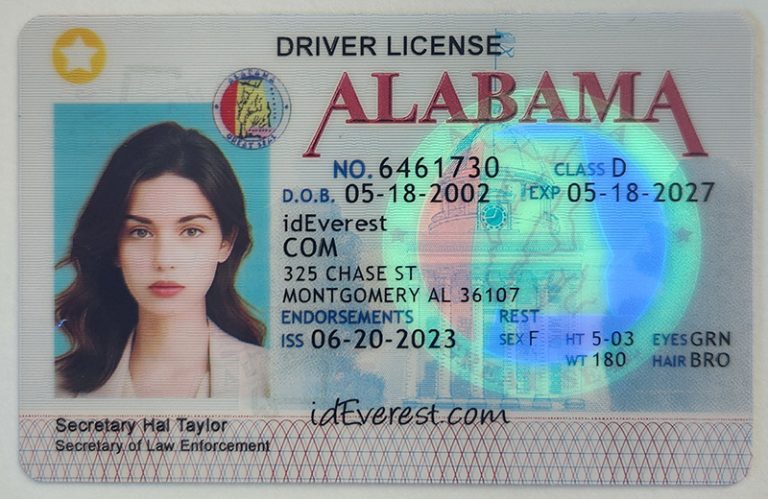
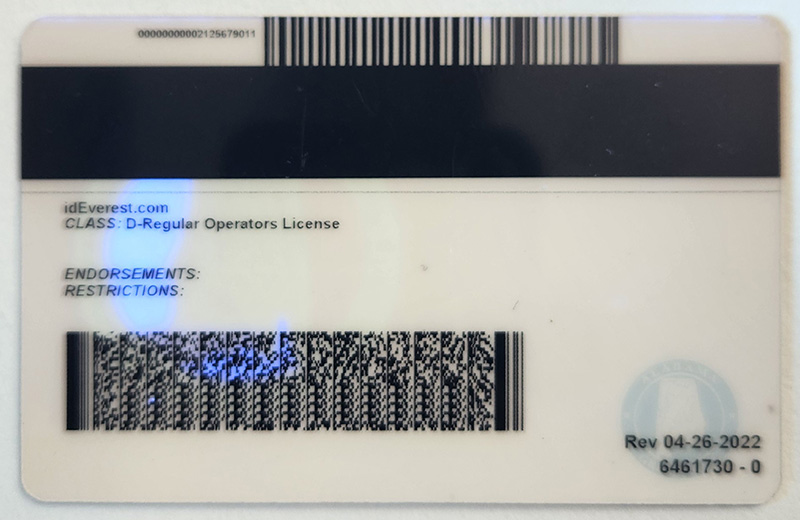
However, it is worth noting that the use of fake IDs remains legally and ethically problematic. Despite these potential privacy benefits, the illegality of fake IDs and the associated risks, such as legal consequences and potential for misuse, highlight the need for alternative, legal methods of privacy protection. Furthermore, the use of fake IDs can lead to additional hassles, including legal consequences and ethical issues.
Finally, while the idea of using fake IDs to protect privacy raises an interesting discussion point, it is critical to explore and promote legal means to protect personal information and ensure privacy in accordance with legal standards.
Enhanced Autonomy and Self-Confidence
For some adolescents, having a fake ID can give them a sense of increased autonomy and maturity. This experience can enhance their self-confidence and sense of self-identity in a number of ways:
Sense of Independence: Carrying a fake ID may make adolescents feel more independent and mature. By participating in activities or services that are usually limited to older adults, they may feel that they can take charge of their lives and make autonomous decisions. This sense of independence can be an important factor in their personal development.
Enhanced Self-Confidence: The experience of using a fake ID may enhance adolescents’ self-confidence. Successfully coping with situations that require a fake ID can lead to a sense of accomplishment and enhance their belief in their abilities. This boost in self-confidence can translate to other areas of their lives, such as social interactions and academic performance.
Strengthening Self-Identity: For many adolescents, using a fake ID may strengthen their sense of self-identity and maturity. By participating in activities typically associated with adulthood, they may feel more aligned with their desired self-image. This alignment can help them solidify their self-concept and navigate their social roles more effectively.
Social Acceptance: In certain social circles, having a fake ID may be viewed as a rite of passage or status symbol. Being able to participate in activities that are typically prohibited can earn social approval and acceptance from peers, which is important for adolescents seeking approval and a sense of belonging.
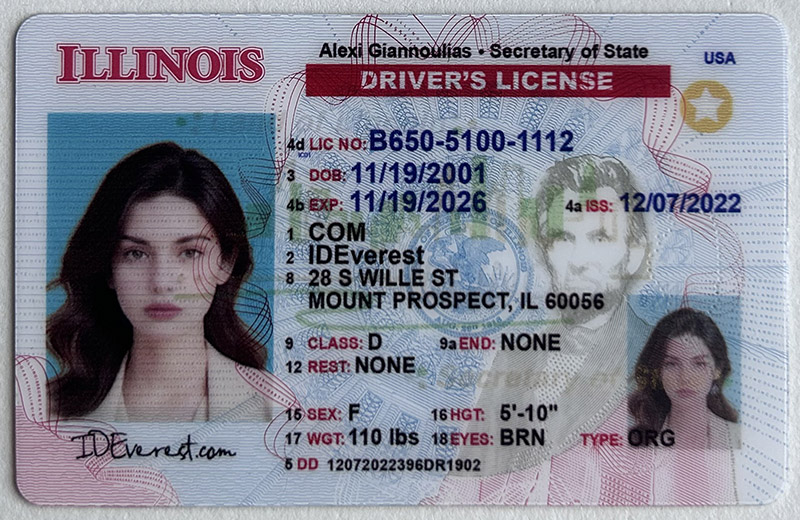
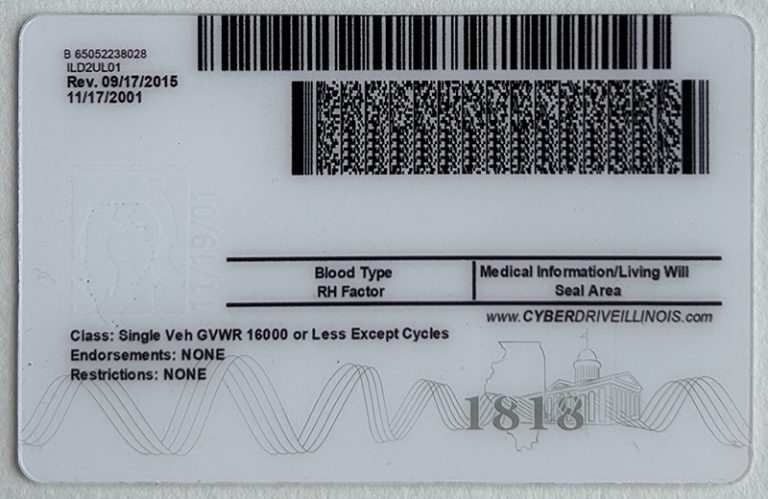
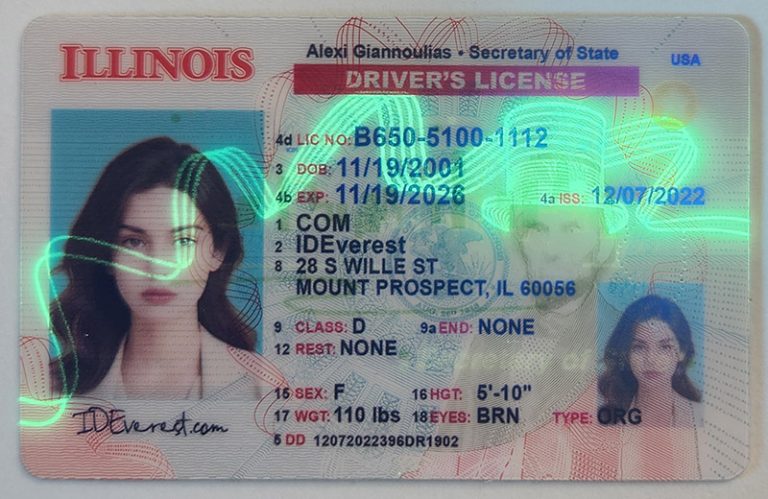
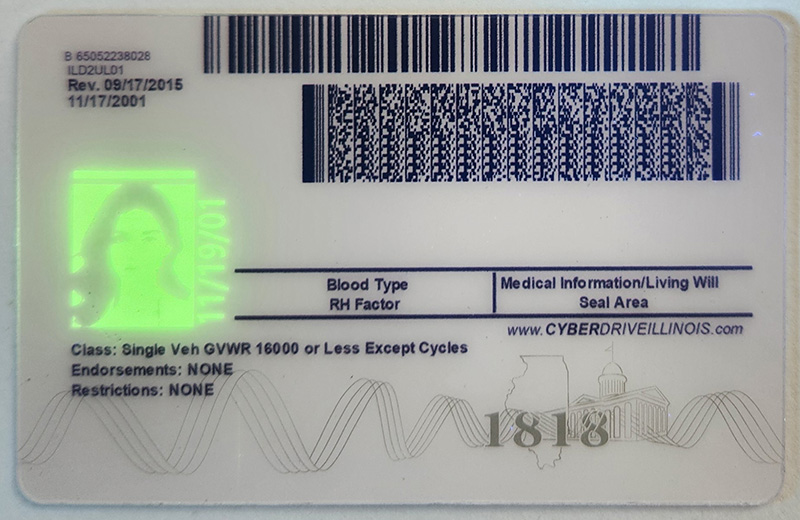
Exploring Boundaries: Using a fake ID allows adolescents to explore and test boundaries, helping them understand social norms and personal limits. This exploration is an important part of their growth, helping them learn about responsibility and decision-making.
However, it is important to recognize that while using a fake ID may have these benefits, there are also significant legal and ethical risks. The potential consequences, including legal consequences and issues related to dishonesty, highlight the need for adolescents to find other legal ways to achieve autonomy and confidence.
Research on this topic can reveal how these experiences affect adolescents' development and social interactions, providing insights into their psychological and emotional growth. Understanding these dynamics can help develop strategies that support positive growth without resorting to illegal activities.
Socialization and Belonging
In certain social contexts, adolescents may use fake IDs to fit in with specific social groups or circles. While using fake IDs is illegal, this behavior can reveal an underlying need for social acceptance and belonging. This phenomenon can manifest as follows:
Facilitating social integration: Adolescents may use fake IDs to gain access to venues, events, or activities that are typically reserved for older adults. By doing so, they can join groups of peers who participate in these activities, helping them enter social circles where they might otherwise feel excluded. This ability to participate can enhance their sense of inclusion and acceptance among their peers.
Meeting social expectations: In certain social settings, it may be perceived as the norm or expectation to participate in certain activities that require an ID. For adolescents who want to conform to these social expectations and maintain status within their peer groups, fake IDs can serve as a tool to meet these perceived needs and reinforce their social identity.
Strengthening peer relationships: Using fake IDs may help adolescents connect with friends and peers through participation in shared experiences. For example, attending age-restricted venues or activities together can create a sense of camaraderie and mutual belonging that strengthens their relationships and social connections.
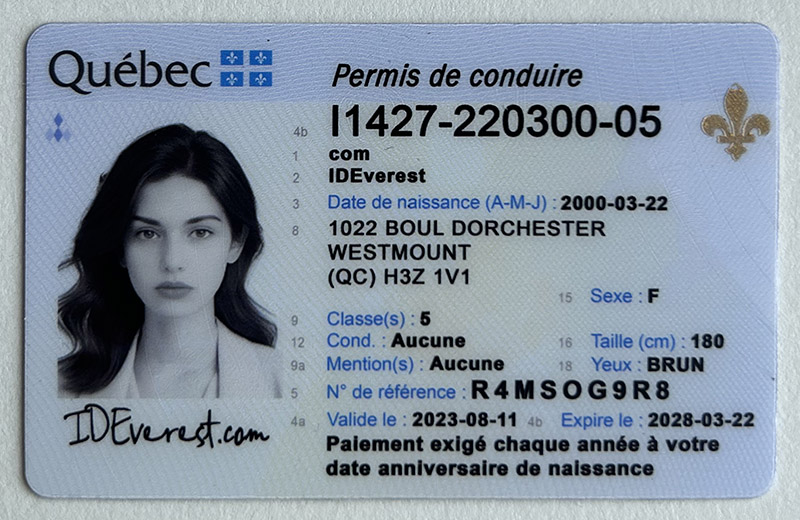 Scannable Fake Quebec Driver's
Scannable Fake Quebec Driver's
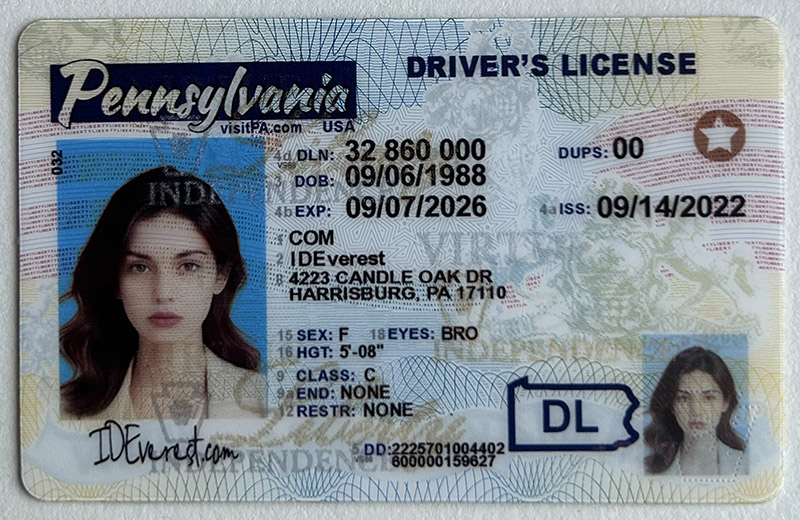 Scannable Fake Pennsylvania Dr
Scannable Fake Pennsylvania Dr
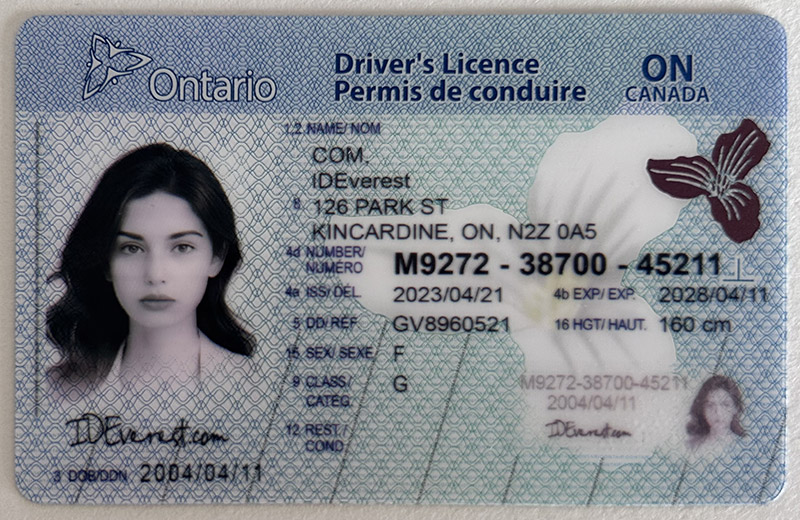 Scannable Fake Ontario Driver'
Scannable Fake Ontario Driver'
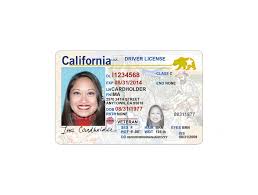 scannable Fake NorthCarolina D
scannable Fake NorthCarolina D